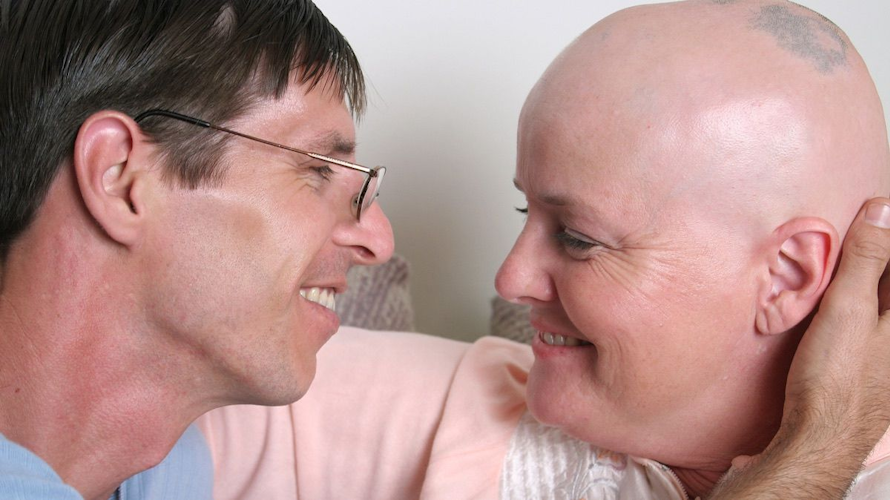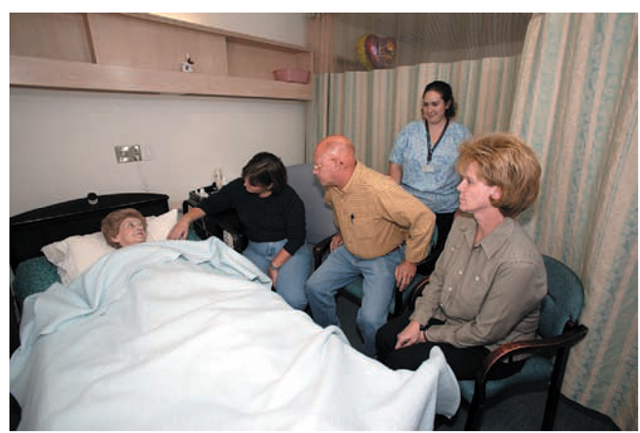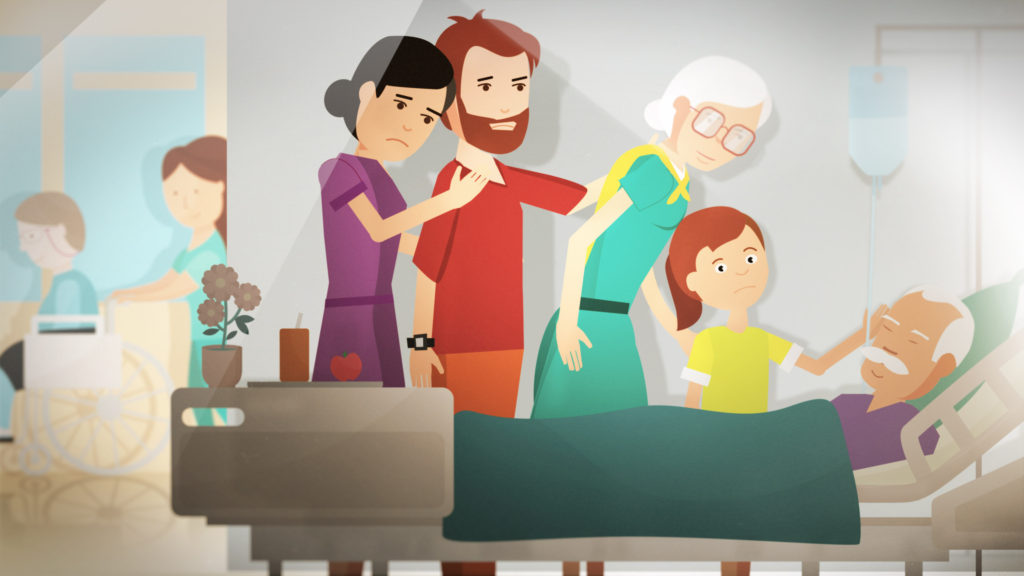What Everybody Ought To Know About How To Support A Dying Person
/HOSPICE_MYTHS-573c9e155f9b58723debce4a.jpg)
Go with them to a support group meeting.
How to support a dying person. Call our free support line on 0800 090 2309 to speak with our nurses, trained officers and volunteers if you have questions. Take them to lunch or a movie. Relate to the person, not the illness.
Through listening, you may find out what is. Keeping a vigil can be a sacred experience and give a dying person strength and comfort. One thing that pals do differently is that pals listen.
They’ll spend more time sleeping or being awake with their eyes closed. You can encourage the person who is dying to share their feelings, and you can share your own in return. Reach out to hospice staff, a social worker, or clergy to help you navigate the process.
Give yourself time to pay attention to what someone is saying rather than thinking about what you need to say or what question you want to ask next. Emotional and practical support can be a great help to you and your carers when you are dying. Getting help and support when you are dying.
The uk department of health in 2008 established the organ donation taskforce to improve organ donation within the uk. Accompany them on a walk. Though it can be very difficult, there can be few more natural instincts than wanting to help a dying family member or friend.
If you knew the person who died, you might say kind things about them and what they meant to you. In other words, help him or her stop resisting death and enable him or her to let go. The dying person will have less and less energy.
Sharing how you both feel can start important conversations that can be memorable. Some people find it very hard to. Macmillan is also here to support you.
Call the macmillan support line on 0808 808 00 00. As well as looking at the information on this website you can call our nurse freephone helpline on 0808. If you would like to talk, you can:
Share an enjoyable activity (sport, game, puzzle, art project). People who are dying continue to need intimate, natural, and honest. This could mean a lot to your grieving friend or family member.
If you are going through something, you’ll have too many things on your mind to listen authentically and. Organise to have a memorial plaque put in a favourite spot make a contribution to their preferred charity or community group create a scholarship or annual award in their memory create an. Practical support with day to day caring depending on the.











/iStock-619266666-59de7cf6845b340012cbda79.jpg)

/GettyImages-455450291-570d15845f9b5814086ea245.jpg)



